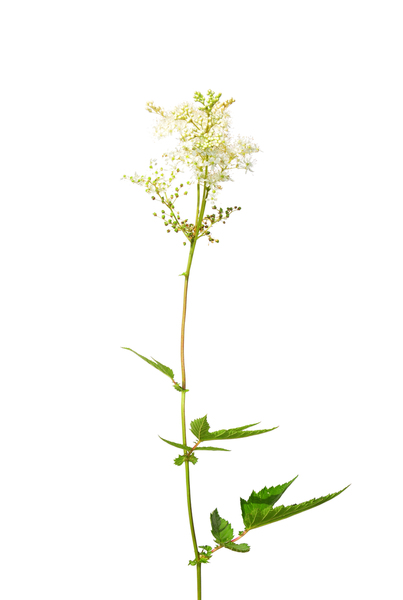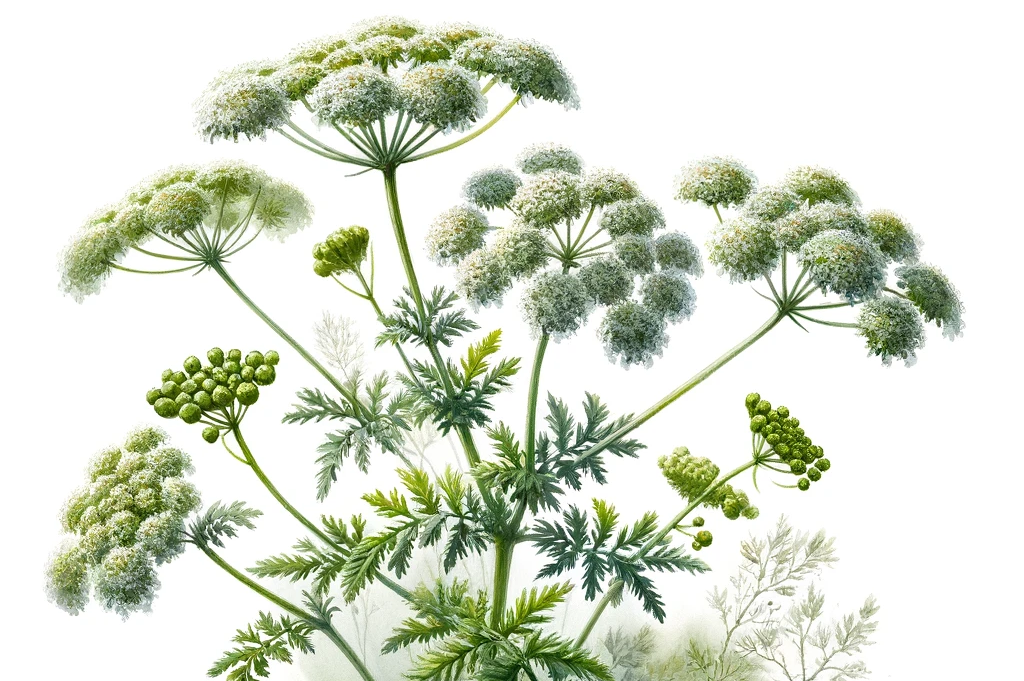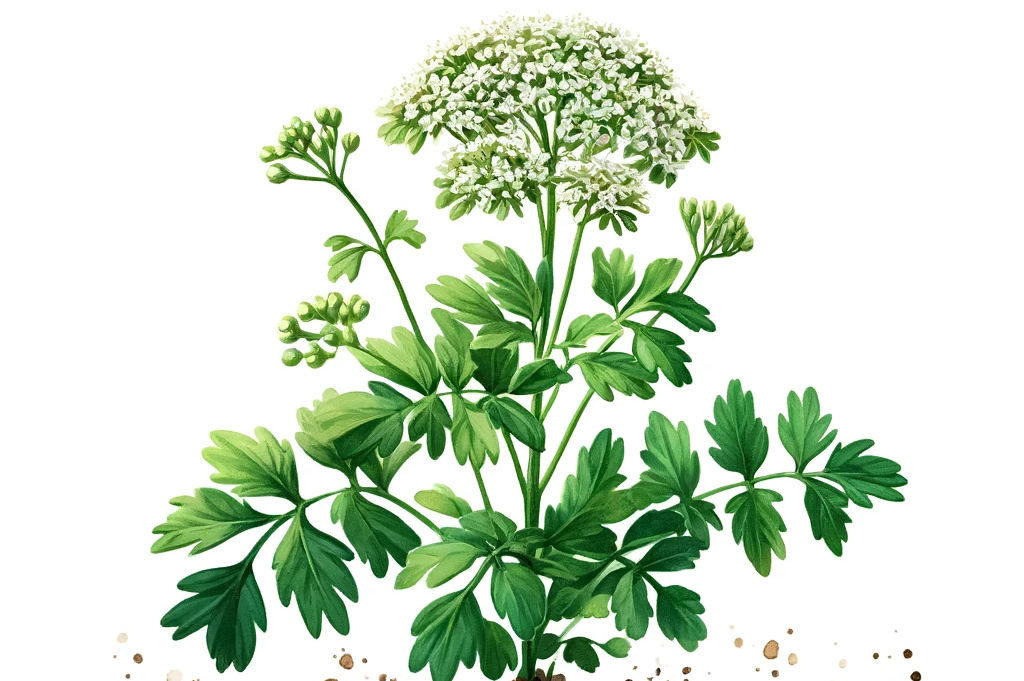Meadowsweet

How does meadowsweet work?
Meadowsweet contains various ingredients that can have a healing effect. The most important are salicylic acid and flavonoids. Salicylic acid is a precursor of aspirin and has an analgesic and anti-inflammatory effect. Flavonoids are antioxidants that can fight free radicals and strengthen the immune system. Meadowsweet can therefore help dogs suffering from pain or inflammation, e.g. osteoarthritis, gum inflammation or skin problems.
How can meadowsweet be used?
Meadowsweet can be used in various forms, depending on what is to be treated. The most common are
- Tea: A tea can be prepared from the dried flowers or leaves of meadowsweet and mixed into the dog's drinking water or given into the mouth with a syringe. The recommended dosage is about one teaspoon per cup of water. The tea should not be given for more than two weeks at a time.
- Tincture: You can also make or buy an alcoholic tincture of meadowsweet, which can be given directly into the dog's mouth or mixed into the food. The recommended dosage is about one drop per kilogram of body weight per day. The tincture should not be given for more than two consecutive weeks.
- Ointment: An ointment can be made or bought from the fresh or dried flowers or leaves of meadowsweet and applied to the affected areas of skin. The ointment can help to relieve itching, redness and swelling.
What side effects can meadowsweet have?
Meadowsweet is a natural remedy, but that doesn't mean it can't have side effects. Above all, care should be taken not to give the dog too much meadowsweet or to combine it with other medicines. Possible side effects are
- Gastrointestinal complaints: Since meadowsweet can irritate the stomach lining, it can cause nausea, vomiting or diarrhea. Care should therefore always be taken to ensure that the dog drinks enough water and meadowsweet should not be given to dogs with sensitive stomachs.
- Blood clotting disorders: As meadowsweet can inhibit blood clotting, bleeding or bruising may occur. Therefore, meadowsweet should not be given if the dog is prone to bleeding or is taking blood-thinning medication.
- Allergic reactions: As meadowsweet belongs to the rose family, dogs that are allergic to this plant family may experience skin rashes, breathing difficulties or shock. An allergy test should therefore always be carried out before giving your dog meadowsweet.
Meadowsweet is a plant with many positive properties for dogs. It can relieve pain and inflammation and support the immune system. However, you should always be careful and pay attention to the correct dosage and application. In addition, you should always consult a vet before giving your dog meadowsweet to rule out possible interactions or contraindications.
If you notice any signs of hypersensitivity or poisoning in your dog, you should see your vet immediately. We are not a substitute for a vet, but we try to be as accurate as possible. Every dog reacts differently and we recommend you get a second opinion or consult your vet if in doubt.
Stay healthy and take good care of your four-legged friend!😊
Similar to Meadowsweet
Chamomile is a plant from the composite family that is mainly found in Europe, Asia and Africa. It has white flowers with a yellow center that exude a pleasant fragrance. The flowers are dried and...
Yarrow (Achillea millefolium) is a perennial plant from the Asteraceae family. It has finely pinnate leaves and white or pink flowers that are arranged in flat umbels. The plant grows to a height of...
St. John's wort, also known as Hypericum perforatum, is a flowering plant that is native to Europe, Asia and North America. The plant has been used for centuries in folk medicine to treat various...
Valerian is a perennial shrub that can grow up to two meters high. It has white or pink flowers and long roots that give off the typical smell of the plant. The roots contain various substances that...



